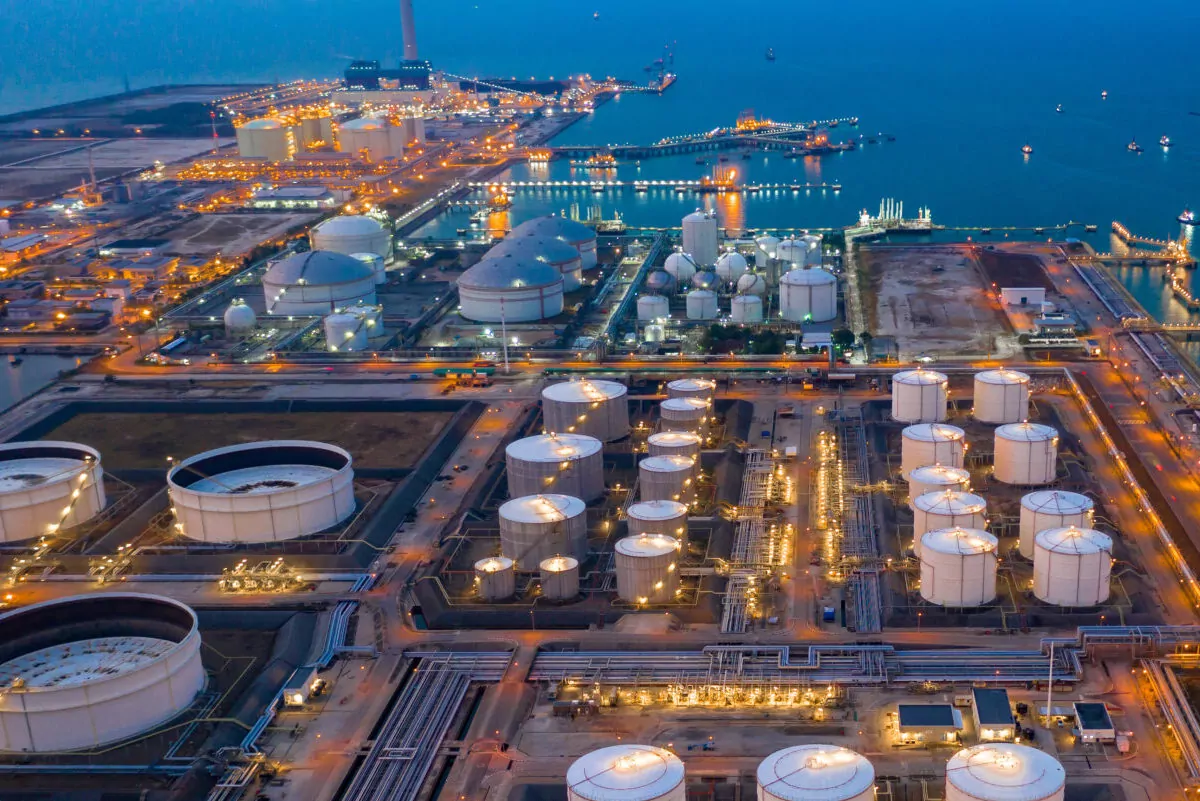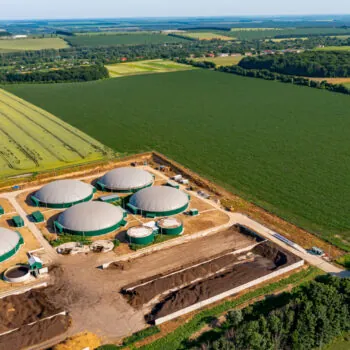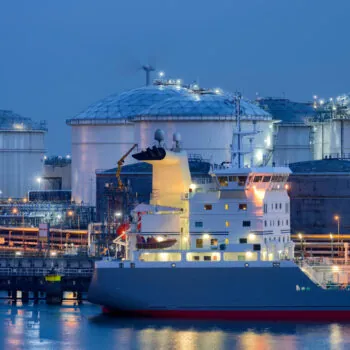Global COVID-19 recovery efforts are being constrained by multiple crises, exacerbated by Russia’s war of aggression in Ukraine and the resulting wave of unprecedented economic sanctions by OECD countries against the world’s 11th biggest economy. This is the biggest test the global economy has faced this century.
The food and energy price crises, continued stress of COVID-19 outbreaks, fragmentation of supply chains and resulting commodity price crisis have hit emerging markets and developing economies (EMDE) disproportionally hard. In addition, the devastating impacts of the climate crisis that are growing in scope and frequency, irrespective of geopolitical turbulence, and are already being felt far stronger in the countries of the Global South.
This “perfect storm” comes at a watershed moment for North-South relations. The West’s response will not only shape the future of global rules-based order, but also how the global economy will adjust and become more resilient to ongoing and future crises.
Europe needs to rebuild its international credibility, to help foster a global green recovery and net zero development trajectories. This largely depends on whether, and how quickly, the EU demonstrates solidarity with countries hit hardest by multiple crises. Europe’s energy response and its approach to energy diplomacy, to be redefined in this month’s International Energy Strategy, will be read by its partners as a key test of solidarity.
The EU risks losing allies by aggravating the energy price crisis for partners
The EU is under immense pressure to break away from its decades-old dependence on Russian coal, gas and oil imports – and compensate for nurturing the Kremlin’s rent-based fossil fuel regime in the past. Its REPowerEU strategy is the first step towards reducing dependency on fossil fuel imports.
Simultaneously, the current emphasis on securing alternative fossil fuel supplies disregards the knock-on effects in global energy markets, and for economies with far less capacity to withstand the mounting pressure of surging prices and supply bottlenecks. The EU’s quest for new liquid natural gas (LNG) supplies, particularly from the US, combined with the uncoordinated LNG shopping spree by some of its member countries (most notably Germany and Italy) has sent LNG prices worldwide soaring. This continues to put pressure on import-dependent economies such as India, Pakistan and Thailand, which had to purchase spot LNG cargoes, most of them not able to withstand the competition. In addition, soaring oil prices are pushing long-term LNG contract prices higher, straining the countries’ fiscal capacity and halting development. Europe, meanwhile, can choose to further accelerate gas demand reduction.
UNGA’s vote on Russia’s war on aggression revealed how developing countries’ diplomacy is first and foremost driven by economic and development interests – 35 abstained from voting. India, the EU’s strategic ally in developing Asia, is being drawn to Russia by this crisis. As is China, the EU’s strategic rival. By sticking to the current, self-centred energy security approach, the “West” – Europe in particular – risk losing further allies from the Global South at a time when global unity is imperative. If the EU wants to emerge from this war a stronger regional and global player, it cannot afford to stick to imbalanced relationships with EMDE that fail to put their economic interests at a peer level.
Energy diplomacy in the solidarity equation
The global system cannot shift overnight. However, the current crisis highlights the need to redefine how the West treats current and prospective partners. After the largely missed opportunity to lead a unified, global response to COVID-19, this crisis also gives advanced economies a second chance to do it right. “Solidarity” needs to become the integral framework of national and international energy strategies, including energy finance and energy security.
The upcoming EU International Energy Strategy is well placed to provide a blueprint of how this new approach can look like, by:
- Keeping the EU’s own quest for alternative gas, oil and coal supplies to the minimum and taking decisive action to reduce EU fossil fuel demand in the REPowerEU strategy. Clean energy and demand-side solutions can replace up to 2/3 of Russian gas imports within the next three years.
- Driving coordination efforts with large Asian LNG consumers (China, Korea, Japan). Jointly implement demand-side measures to reduce global LNG demand, bringing relief to LNG markets and constraining LNG price growth for price-sensitive buyers in EMDE.
- Together with other OECD countries, developing a “Marshall plan” to close the energy access gap via clean energy solutions, which are less prone to global price shocks than fossil fuels. Additionally, rallying major economies to establish a Global Clean Energy Security fund to support the decarbonisation of energy demand for the most vulnerable importers, including Pakistan, India and Bangladesh.
- Pooling the collective leverage in multilateral developing institutions and the IMF to address de-risking clean energy investment and addressing fiscal constraints in EMDE, to help them boost energy security
- Embedding new elements of energy diplomacy, notably hydrogen, in broader economic diplomacy, to power EMDE’s economic growth and industrial development.


